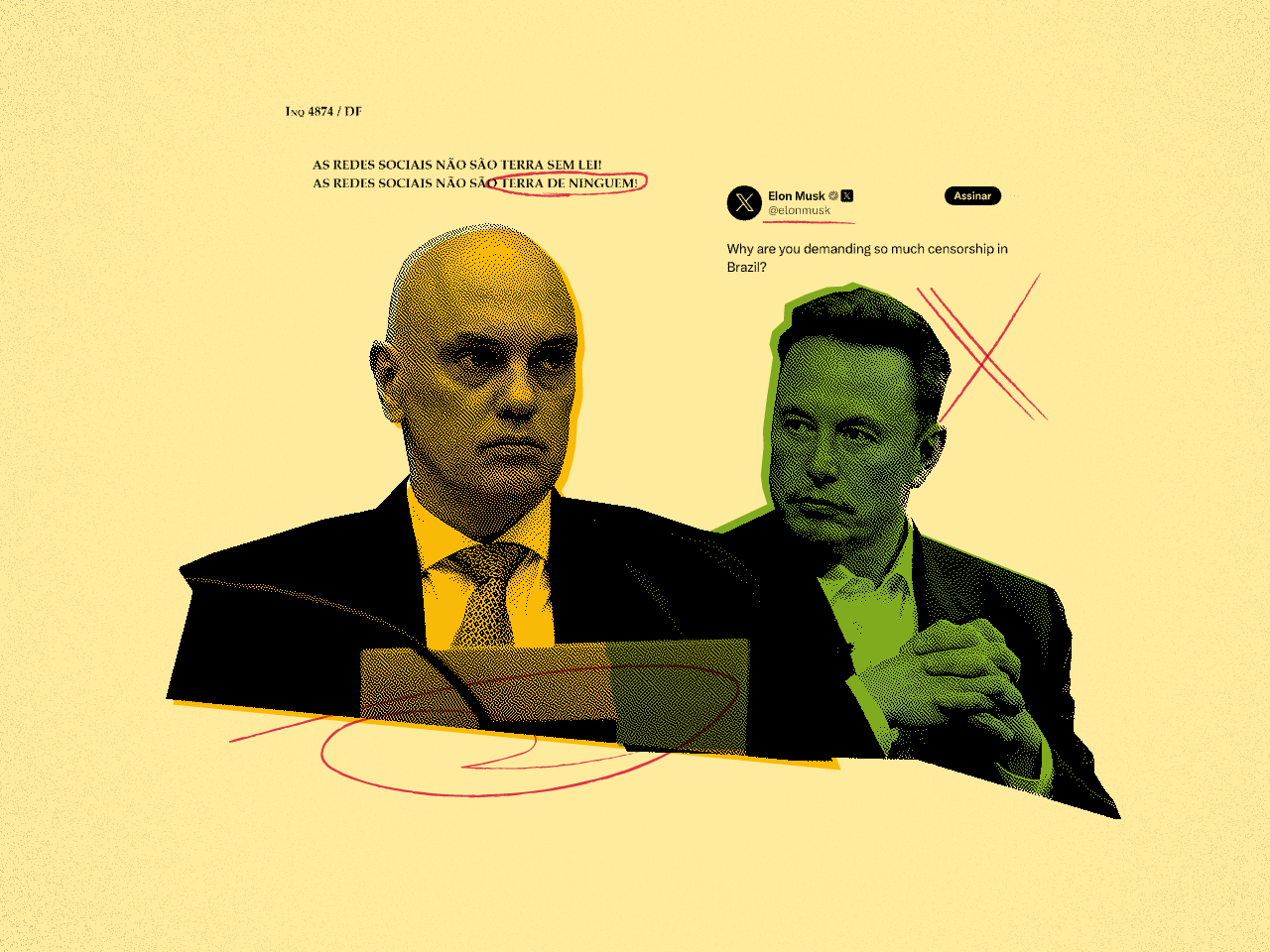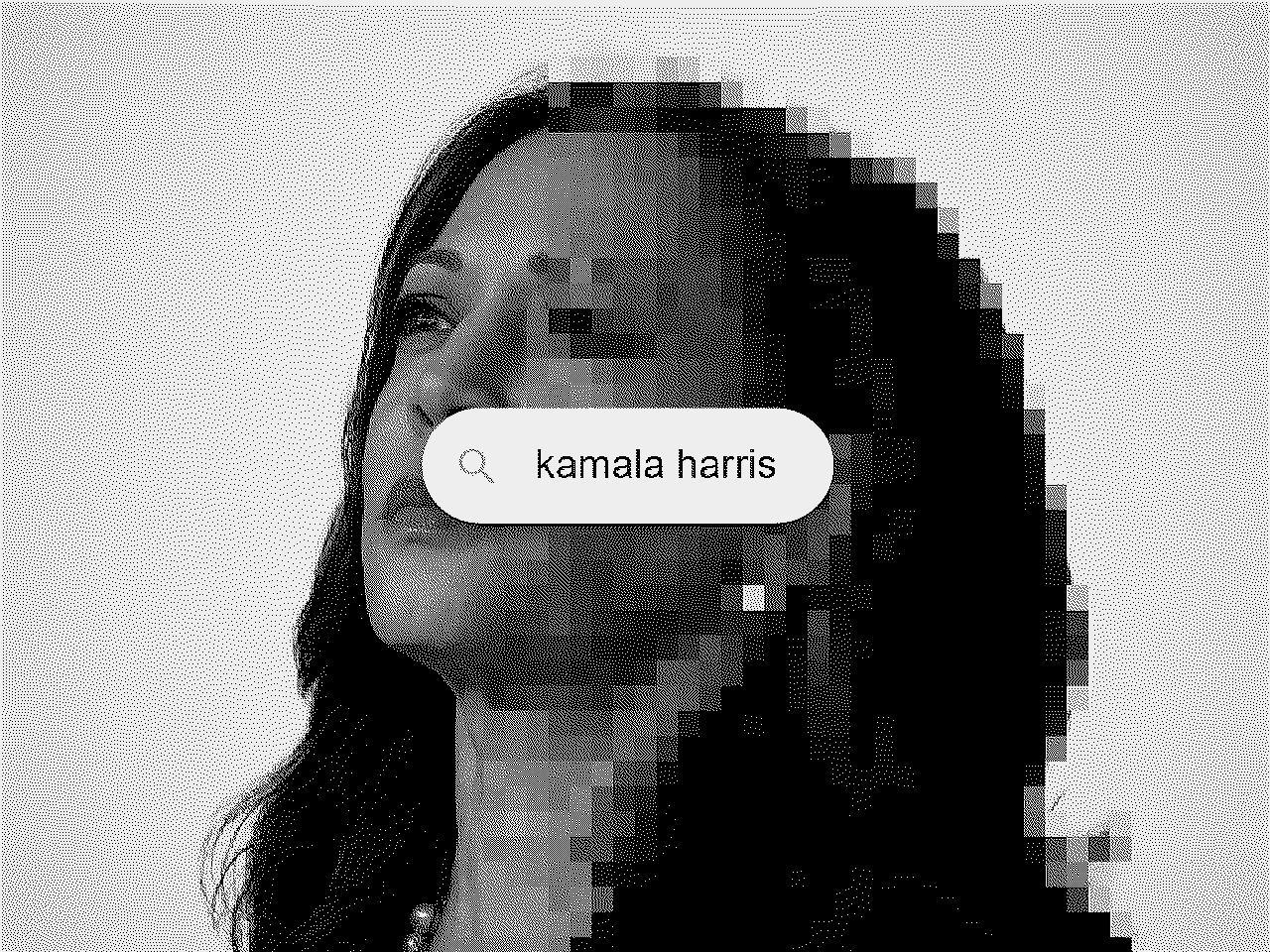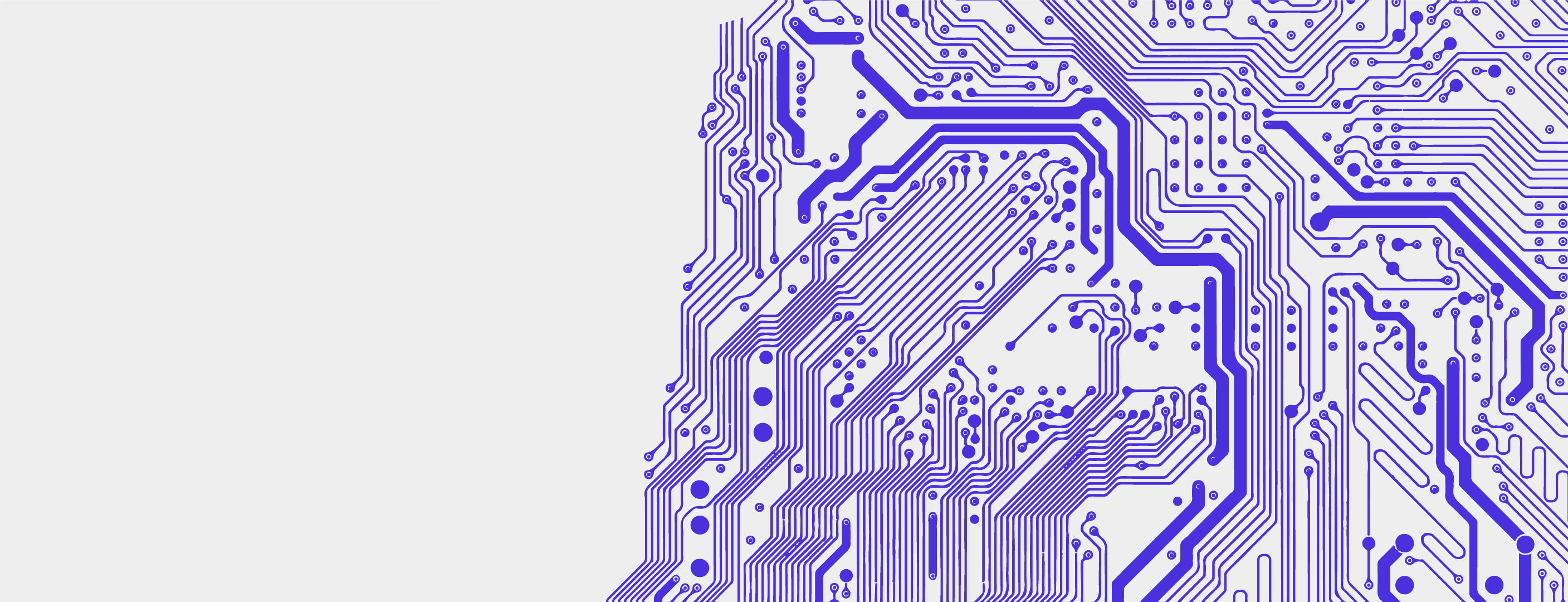Receba nossas newsletters
É de graça. Só tem coisa fina, você vai curtir!
Read this in Portuguese
Elon Musk has taken upon himself to criticize Brazil's most polarizing Supreme Court justice, after the publication of the so-called Twitter Files Brazil, in which internal emails sent by the platform's legal team showed an alleged overreach by authorities in the country in subpoenas of user data for investigations.
The justice, Alexandre de Moraes, has been divisive figure in Brazilian politics for the past four years, as he has been taking strong stances against anti-democratic activities and online rhetoric, issuing stringent decisions against far-right politicians, public figures, and supporters.
Some regard him as the main authority that prevented the former government from interfering in the outcome of the 2022 elections, when far-right former president Jair Bolsonaro lost to left-wing candidate Luiz Inácio Lula da Silva, and also as the man who is punishing an attempted insurrection that left the buildings of the Brazilian Congress, Presidency and Supreme court totally depredated. Others regard him as an autocratic magistrate that has been overstepping his powers by making illegal decisions and judicial requests.
CONTEXT. On the morning of April 3, 2024, American journalist Michael Shellenberger posted a chain of tweets with a Brazilian version of the so-called Twitter Files – a series of articles published in 2022 by two American journalists that were based on internal emails from the social network disclosed by billionaire Elon Musk after buying the social network.
The most recent material shows communications from a former legal executive of the company in Brazil over the years (at least since 2020, even before Musk took control of Twitter) discussing user data requests made by the judiciary, the legislative and by prosecutors, mostly in the context of combating far-right, anti-democratic campaigns.
The emails also discussed potential consequences in case of non-compliance with judicial orders, and included legal criminal threats faced by the executive in case Twitter did not produce the required data.
Much of the profiles mentioned in the internal communications related to users that actively engaged in online campaigns to discredit the Brazilian electoral system for years.
Such claims had real effects in the real world, such as the attempt to explode Brasilia's main airport, the mobilization of far-right militants in front of military barracks and blocking highways, and the culmination of an insurrection on January 8, when thousands of people stormed state buildings, physically attacked journalists and police personnel and destroyed public property to protest the results of the election, in an episode which many claim it was a coup attempt.
MUSK ENTERS THE SCENE. From its release until Saturday afternoon (April 6, 2024), the Twitter Files Brazil primarily gained traction among far-right groups, still upset over Jair Bolsonaro's defeat at the polls in 2022. They were mostly accusing the Supreme Court the Superior Electoral Court, the latter presided by Moraes, of censorship.
Things started heating up on Saturday night (April 6, 2024), when Musk stepped in, sharing the Twitter Files published on Michel Shellenberger's profile and stating he would remove restrictions applied to all profiles under judicial order – directly challenging Moraes, who is known for his strict decisions.
Musk then started to directly address Moraes on Twitter, tagging him in comments and replying to the justice's latest (and totally unrelated) post from January 2024.
In one occasion, Musk asked why the minister demands "so much censorship in Brazil." Musk then reposted a tweet from Twitter's official government relations account echoing the case and tagged Moraes' official profile (@alexandre) asking "why he is doing this."
Finally, Musk said that X would soon publish "all requests" made by Moraes.
[UPDATE April 8, 2024] MUSK GETS INVESTIGATED. After its online campaign against Moraes, the justice include Musk in a judiciary-led investigation against far-right "digital militias" – the same one that is investigating Jair Bolsonaro and his allies.
In this decision, Moraes said that Musk "initiated a disinformation campaign about the role of the Supreme Court and the Superior Electoral Court", and that he "instigated disobedience and obstruction of justice".
POTENTIAL BLOCKAGE AGAINST TWITTER. Shellenberger said that Musk's decision to end the blockage to certain profiles under judicial order could cause X/Twitter to go offline "at any moment," although there is no official indication of this for now – only a media report stating that Brazilian telecom regulator has been approached by people in Moraes' camp to gather information about how such blockage might occur. Musk replied to the activist journalist just to say he was "accurate" in his comments.
Some Brazilian authorities used X to address this issue. The Solicitor-General, Jorge Messias, for instance, asked Congress for regulation of social networks. "We cannot live in a society in which billionaires that live abroad have control of social media and put themselves in the situation of violating the Rule of Law, disobeying judicial orders and threatening our authorities."









